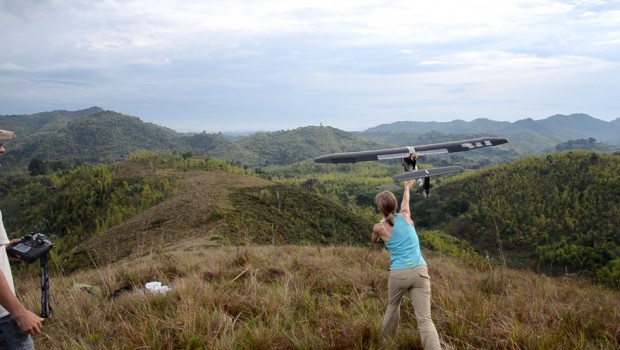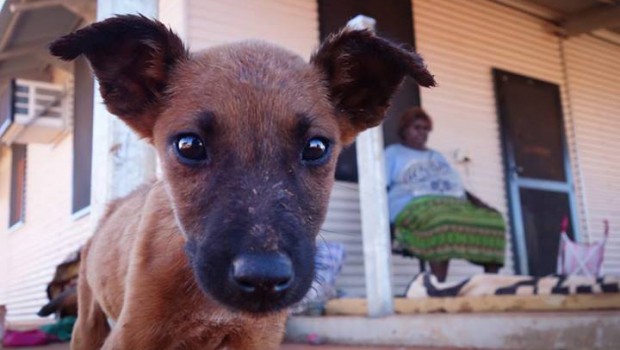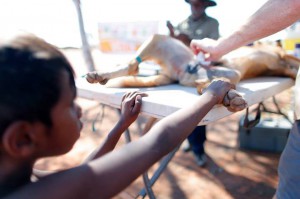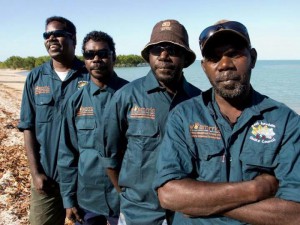When someone turns a fun hobby into a game changing tool for good, it’s inspirational!
That’s exactly what Lian Pin Koh has achieved in bringing affordable drone technology to aid conservation scientists.
A tropical ecologist by training, Associate Professor Lian Pin Koh received his PhD from Princeton University, where he studied the environmental and policy implications of oil-palm development in Southeast Asia.
He then spent several years researching key scientific and policy issues concerning tropical deforestation and its impacts on carbon emissions and biodiversity while based in Zurich.
Lian Pin currently leads the Applied Ecology & Conservation group at The University of Adelaide in South Australia, where they ultimately seek to do good for society.
In this episode, we speak with Lian Pin and learn about his exciting work using drones in conservation.
Podcast
Videos
Images
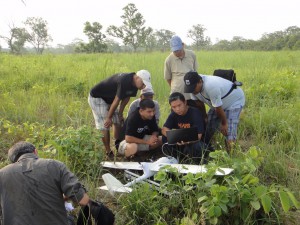
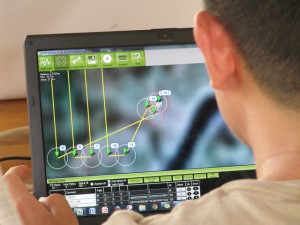
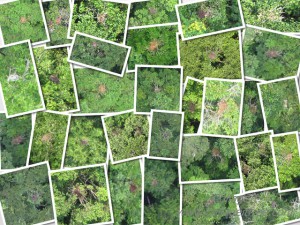
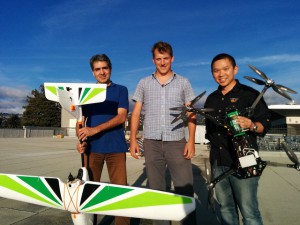
Publications

Koh, L. P., & Wich, S. A. (2012). Dawn of drone ecology: low-cost autonomous aerial vehicles for conservation. Tropical Conservation Science, 5(2), 121-132. [PDF]
Koh, L. P. (2013, June). Brave new world of drone technology for biodiversity research and conservation. In New Frontiers in Tropical Biology: The Next 50 Years (A Joint Meeting of ATBC and OTS). Atbc. [PDF]
Paneque-Gálvez, J., McCall, M. K., Napoletano, B. M., Wich, S. A., & Koh, L. P. (2014). Small drones for community-based forest monitoring: an assessment of their feasibility and potential in tropical areas. Forests, 5(6), 1481-1507.
See more:
Lian Pin Koh on Google Scholar
Links
ConservationDrones.org official website
Conservation Drones on Flickr (images)
Conservation Drones on Facebook
All images used with Permission: Lian Pin Koh

